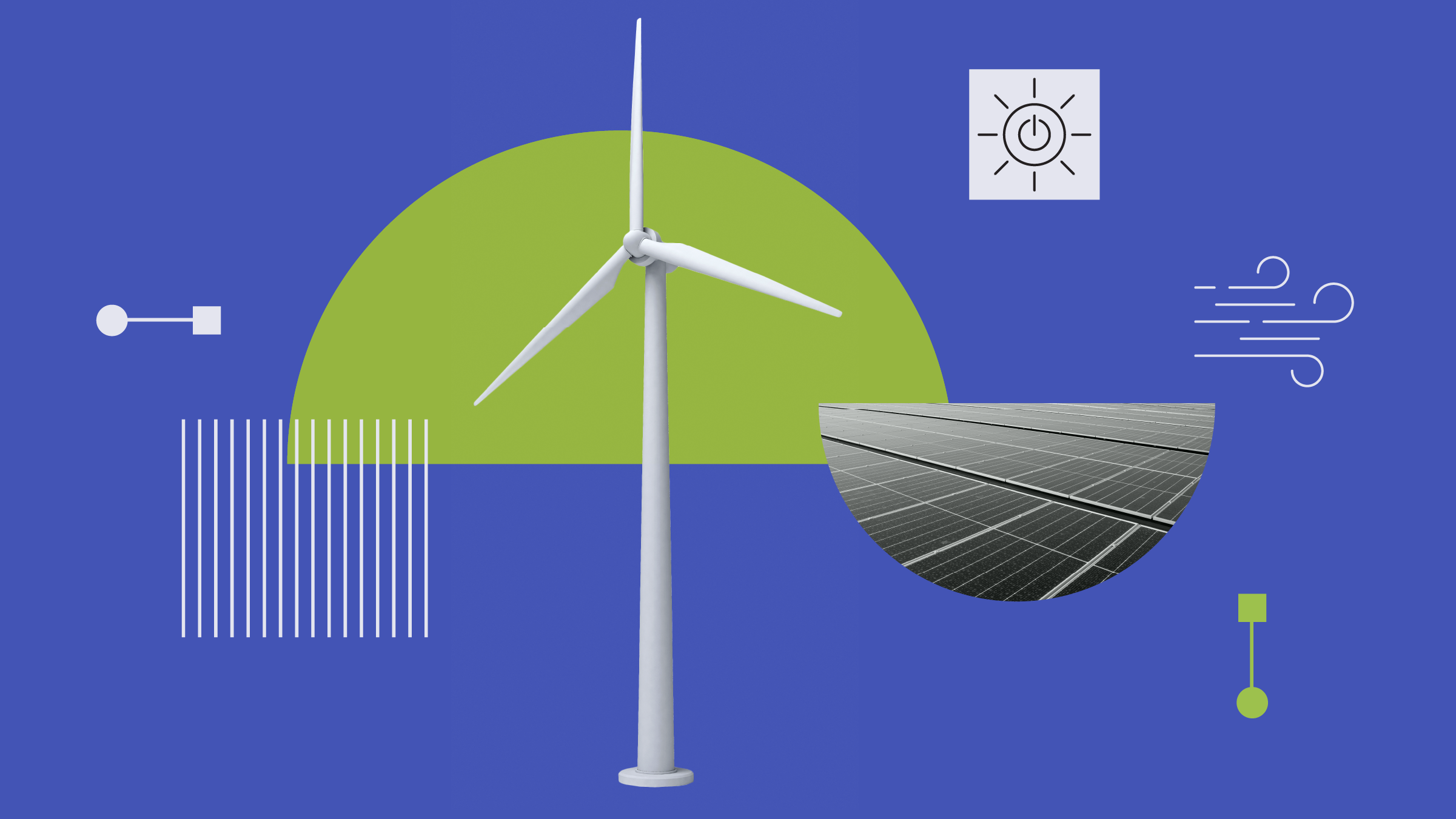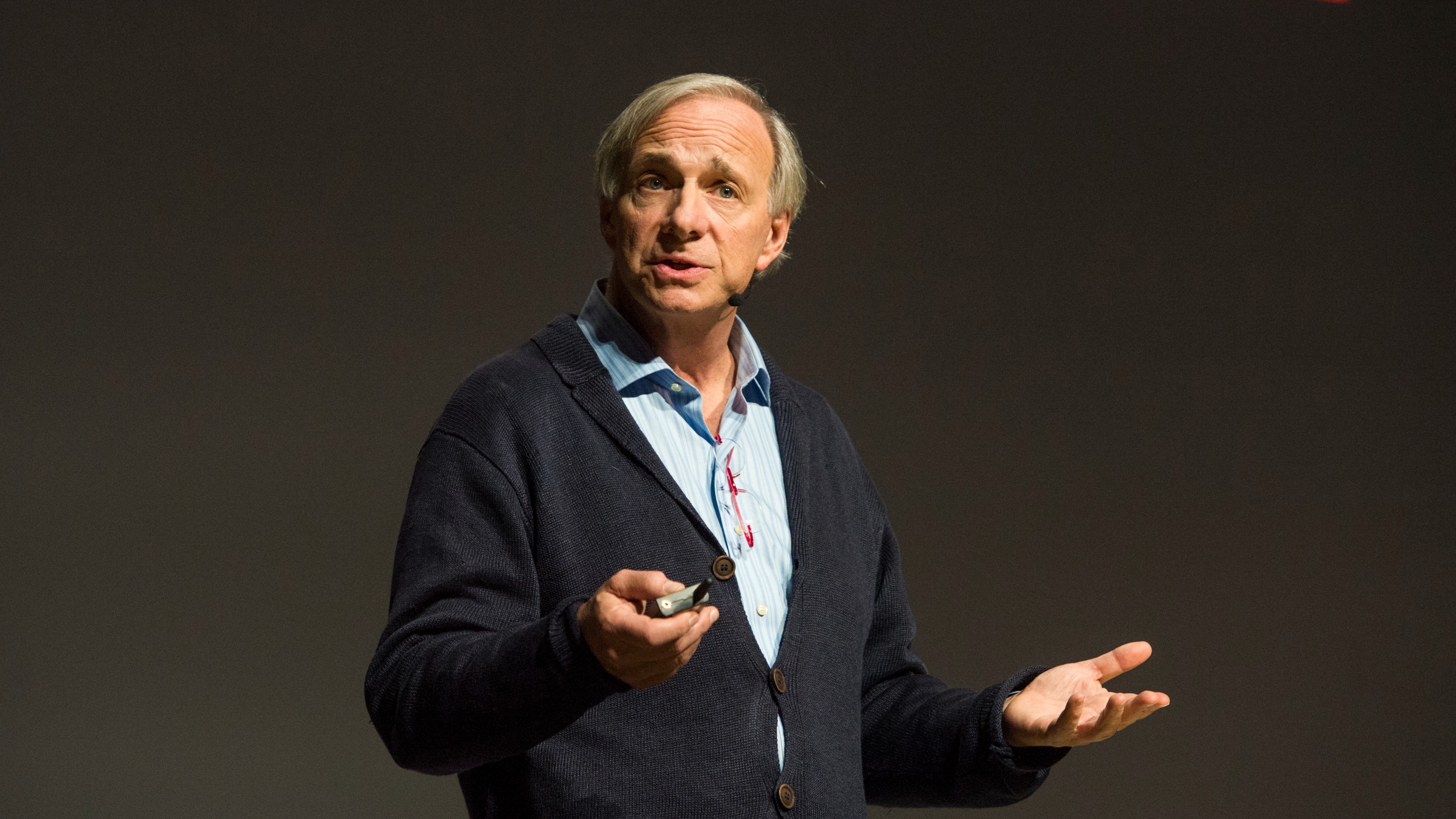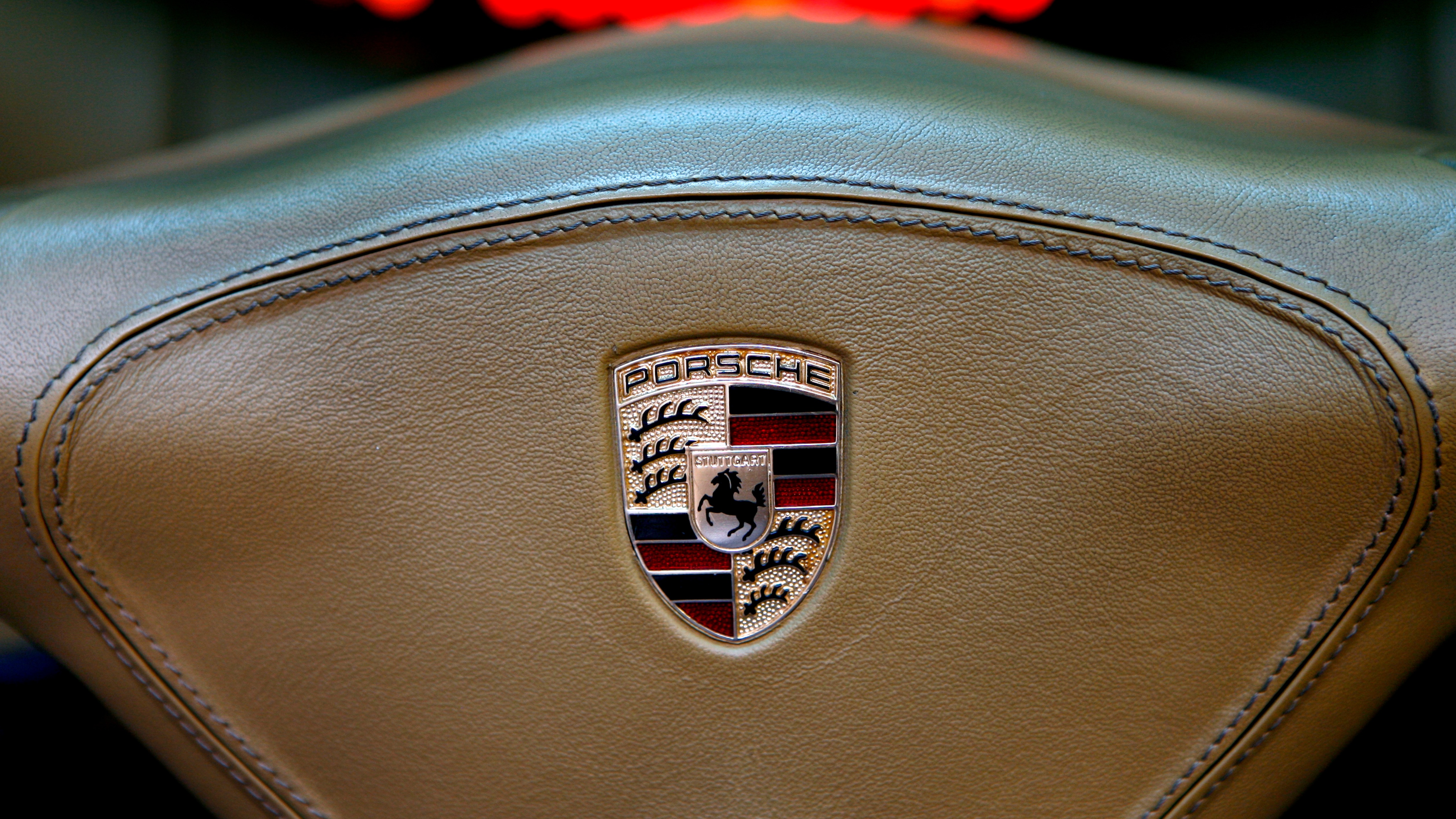Read more on ethical and sustainable investing in Morningstar's Ethical Investing Week 2013.
Ethical investing may be growing in popularity, but according to a survey by specialist bank Triodos, it is still far from the mainstream.
When questioned, investors expressed that they would not want to support companies that have been convicted of human rights abuses, or were involved in pornography, arms, animal testing, tobacco or fracking among other less-than-green industries.
Analysts then revealed that more than half of the companies listed on the FTSE 100 would fail to make these criteria, including 12 mining companies and seven oil and gas stocks.
Looking at the mid-cap index, the FTSE 250, there are six arms and defence companies and seven companies involved in fracking.
The insurance arm of Aviva (AV.) has been reportedly involved in arms dealing, as has insurer Legal & General (LGEN). National Grid (NG.) has involvement in nuclear energy development, and Unilever (ULVR) uses animal testing in product development.
The lack of understanding surrounding ethical investing is restricting consumers from making informed decisions.
The survey from Triodos Bank, which only finances enterprises which create social, environmental or cultural added value, revealed that less than one in eight investors were even aware ethical funds were available on the retail market.
Huw Davies, head of personal banking at Triodos Bank said that many investors will have a pension or some stock market investment and not realise that a proportion of their portfolio may be invested in those sectors they find personally distasteful.
"If we are put off by investments in certain sectors, it’s down to us all to look underneath the bonnet of our investments to ensure we are happy with how they are invested," he said.
































